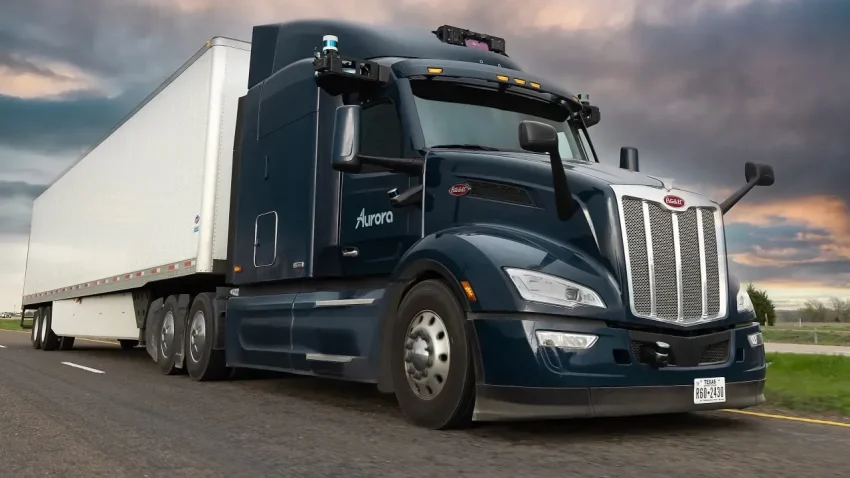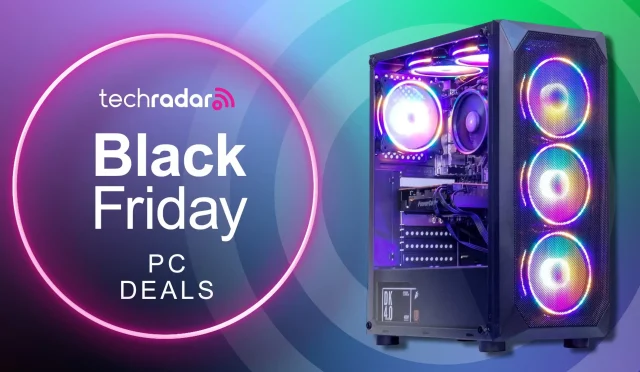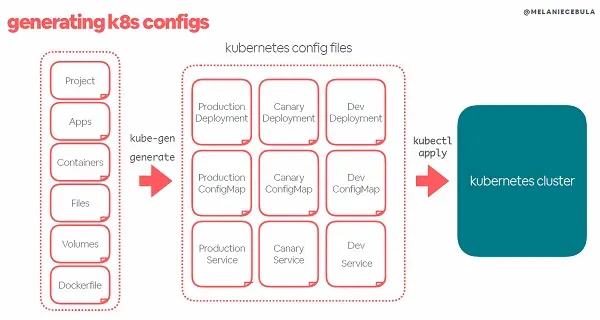Aurora self-driving freight is transforming the logistics industry, ushering in a new era of efficiency and safety in freight transport. With its recent expansion into a second driverless route from Fort Worth to El Paso, Aurora Innovation is quickly establishing itself as a leader in autonomous freight transport. Surpassing 100,000 driverless miles on public roads illustrates the company’s commitment to pioneering driverless technology in commercial autonomous vehicles. By 2026, Aurora plans to deploy hundreds of self-driving trucks, significantly enhancing operational capabilities for its customers. As demand for reliable autonomous solutions grows, Aurora’s innovative approach continues to redefine the future of transportation.
In the realm of autonomous logistics, Aurora’s self-driving freight solutions are at the forefront, revolutionizing the way goods are transported across the country. This ambitious initiative not only highlights the potential of driverless trucks but also addresses significant challenges in freight handling, offering a breakthrough in driverless transit. As companies increasingly look towards commercial autonomous vehicles, Aurora’s advancements in driverless technology set a benchmark for the industry. The integration of next-generation hardware aims to reduce costs while improving overall performance and safety, ensuring customers meet their supply chain needs efficiently. With plans for rapid expansion and technological enhancements, Aurora’s impact on autonomous freight transport is just beginning.
The Impact of Aurora Self-Driving Freight on the Logistics Industry
Aurora self-driving freight is revolutionizing the logistics industry by significantly enhancing the efficiency and reliability of freight transportation. As companies like Aurora Innovation, Inc. lead the charge in deploying autonomous trucks, the ability to operate without human drivers opens new doors for 24/7 operations. This not only helps alleviate staffing shortages but also allows for the timely delivery of goods across long distances, ultimately transforming how businesses manage their supply chains.
Moreover, the integration of advanced driverless technology enhances safety on the roads. With over 100,000 driverless miles logged, Aurora’s autonomous systems exhibit consistent performance and on-time delivery records, instilling trust among logistics providers. As demand for fast and reliable shipping continues to rise, adopting self-driving trucks could become a standard in commercial autonomous vehicle operations, allowing businesses to stay competitive in a rapidly evolving market.
Next-Generation Hardware: Enhancing Self-Driving Capabilities
The next-generation hardware developed by Aurora Innovation promises to drastically improve the performance of self-driving trucks. Key advancements include enhanced sensor technology that increases the detection range to 1,000 meters, which is essential for accurately navigating complex road scenarios. This leap in sensing capabilities allows for safer navigation even in adverse weather conditions, offering a competitive edge in the realm of autonomous freight transport.
By manufacturing this robust hardware, Aurora aims to cut operational costs while maximizing durability, enabling fleets to cover over a million miles without requiring significant maintenance. As commercial autonomous vehicle manufacturers prioritize efficiency and safety, Aurora’s innovations are setting a new standard for the self-driving freight industry, making long-haul trucking more sustainable and reliable than ever before.
Seamless Integration of Autonomous Technology Across Platforms
One of the standout features of Aurora’s approach to self-driving technology is its seamless integration capability across multiple truck platforms. This architectural core allows different vehicle types, such as the International LT Series and Volvo VNL Autonomous, to utilize the same fundamental driverless systems. Such versatility accelerates the adoption of autonomous freight transport and streamlines operations across diverse fleets.
As truck manufacturers like Volvo and PACCAR collaborate with Aurora on developing these autonomous solutions, we see a significant shift in the logistics landscape. The ability to retrofit existing trucks with Aurora’s driver hardware enables carriers to transition smoothly into the era of autonomous operations, ensuring they can meet the growing demands of the market efficiently.
Expanding Customer Capacity for Future Demand
As the landscape of freight transport evolves, Aurora’s commitment to expanding customer capacity is becoming more evident. The integration of advanced self-driving technologies into the International LT Series is a critical step towards meeting the surging demand for driverless freight services. Aurora’s expansion efforts include testing new fleets and preparing for operations without human observers, further demonstrating its proactive approach in an industry poised for transformation.
This expansion not only attracts interest from large carriers like Hirschbach but also encourages smaller freight companies to consider autonomous solutions. The promise of increased operational efficiency and reduced costs positions Aurora at the forefront of the self-driving freight revolution, where customer needs drive innovation and operational design.
The Future of Commercial Autonomous Vehicles
The future of commercial autonomous vehicles is painted with excitement and innovation, especially as companies like Aurora set the pace for advancements in self-driving freight. The logistics industry is primed for disruption, with projections indicating a significant increase in the prevalence of driverless trucks on public roads. As technology improves and regulatory frameworks adapt, we can expect to see widespread deployment of these vehicles within the next few years.
Emerging technologies, such as sophisticated AI algorithms and enhanced sensor systems, are crucial for ensuring the safety and efficiency of autonomous freight transport. As more businesses recognize the benefits of integrating self-driving capabilities, we are likely to witness an expanding ecosystem of commercial autonomous vehicles transforming supply chain management and logistics operations.
Driverless Technology and Its Role in Supply Chain Efficiency
Driverless technology plays a pivotal role in enhancing supply chain efficiency. Autonomous trucks like those developed by Aurora Innovation can operate round-the-clock, significantly reducing delivery times and increasing throughput for logistics companies. This continuous operation model not only helps in managing labor shortages but also optimizes routing and freight handling by using real-time data analysis.
Additionally, the reduction in human error through automated systems can lead to safer highways, fewer accidents, and lower insurance costs for transportation companies. As the supply chain becomes more intertwined with technology, driverless trucks will undoubtedly play a key role in shaping a more efficient logistics landscape.
Achieving Operational Excellence with Aurora Freight Solutions
Operational excellence is at the core of Aurora’s strategy as it expands its self-driving freight solutions. By continuously optimizing its routes and minimizing delivery times, the company leverages technologies that enhance productivity and customer satisfaction. Moreover, the perfect on-time performance record achieved by their fleet intersects reliability with advanced logistic capabilities.
Aurora’s focus on integrating new hardware and refining its autonomous systems ensures that businesses can meet demand without compromising on service quality. This commitment to operational excellence not only strengthens customer relationships but also positions Aurora as a leader in the self-driving freight market, setting benchmarks for efficiency and safety in commercial operations.
The Role of Partnerships in Advancing Autonomous Freight
Partnerships have become essential in advancing autonomous freight solutions, allowing companies like Aurora to combine expertise and resources with industry leaders. Collaborations with prominent truck manufacturers like Volvo and PACCAR illustrate Aurora’s commitment to creating a robust ecosystem for self-driving technology. These partnerships accelerate the development and deployment of commercial autonomous vehicles by integrating Aurora’s advanced systems into existing truck designs.
As various stakeholders in the transportation sector come together, sharing knowledge and resources, the result is a rapid advancement toward a future dominated by driverless technology. By fostering collaboration between vehicle manufacturers, logistics providers, and technology firms, Aurora is playing a significant role in reshaping the freight industry and optimizing supply chain management.
Corporate Growth and Financial Outlook for Aurora Innovation
As Aurora Innovation continues to expand its fleet and operational capabilities, its growth trajectory looks promising from both a technological and financial perspective. Recent quarterly financial results reflect strong demand for its autonomous freight services, with plans to deploy hundreds of self-driving trucks by 2026. This projected scale not only indicates rising investor interest but also underlines the potential profitability of the commercial autonomous vehicle market.
Investors and stakeholders are closely watching Aurora’s developments as they highlight the significant returns that can be expected from the successful integration of self-driving technologies into mainstream logistics and transport operations. As Aurora positions itself at the forefront of this industry evolution, its financial outlook remains bright, ensuring continuous investment and growth opportunities.
Frequently Asked Questions
What is Aurora self-driving freight and how does it operate?
Aurora self-driving freight encompasses autonomous trucks powered by the Aurora Driver technology, designed to safely and efficiently transport goods without a human driver. It integrates advanced driverless technology, enabling commercial autonomous vehicles to navigate public roads while ensuring safety and on-time delivery.
How many driverless miles has Aurora self-driving freight covered?
As announced, Aurora self-driving freight has surpassed 100,000 driverless miles on public roads. This milestone showcases the reliability and effectiveness of its autonomous freight transport solutions.
What are the benefits of using Aurora self-driving trucks for freight transport?
Aurora self-driving trucks offer numerous benefits including round-the-clock operational capacity, reduced transportation costs, enhanced safety through driverless technology, and increased reliability for freight carriers engaging in long hauls.
What is the role of the Aurora Driver in autonomous freight transport?
The Aurora Driver is the core self-driving system that enables various commercial autonomous vehicles to perform logistics tasks. Its next-generation hardware enhances performance and reliability, allowing for seamless integration across different truck platforms.
When will Aurora self-driving freight trucks be fully operational without an observer?
Aurora plans to deploy its fleet of driverless trucks, including the International LT Series, without an observer by Q2 2026, as part of its strategy to enhance autonomous freight transport capabilities.
Which companies are collaborating with Aurora Innovation in self-driving freight?
Aurora Innovation collaborates with key players in the transportation sector, including Volvo, PACCAR, FedEx, and Hirschbach Motor Lines, to develop and enhance its self-driving freight solutions.
How does Aurora ensure safety in its driverless technology?
Aurora maintains a perfect on-time performance record and focuses on safety through extensive testing of its autonomous systems, with enhanced sensor technologies that allow for all-weather operation.
What are the future plans for Aurora self-driving freight technology?
Aurora aims to expand its commercial operations by deploying hundreds of driverless trucks by 2026, integrating new technologies, and further scaling its self-driving freight solutions to meet growing consumer demand.
What challenges does Aurora face in scaling self-driving freight operations?
Challenges for Aurora in scaling its self-driving freight operations include staffing constraints, logistical complexities in long-haul routes, and the need for regulatory approvals to enhance the deployment of autonomous vehicles.
What is the significance of the El Paso to Fort Worth route for Aurora self-driving freight?
The launch of the 600-mile El Paso to Fort Worth route marks a significant expansion for Aurora self-driving freight, demonstrating its rapid scaling capabilities and the potential of autonomous freight transport in meeting customer logistics needs.
| Key Point | Details |
|---|---|
| Company Overview | Aurora Innovation, Inc. is a leader in self-driving freight technology. |
| Expansion Announcement | Aurora has launched a second driverless freight route from Fort Worth to El Paso. |
| Driverless Milestones | Surpassed 100,000 driverless miles on public roads. |
| Next-Generation Hardware | Designed to halve costs and improve performance; expected rollout by 2026. |
| Partnerships | Collaborating with companies like Volvo and AUMOVIO for scalable solutions. |
| Customer Capacity | Integration of International LT Series trucks to enhance freight capacity. |
| Operational Excellence | Consistent on-time performance and safety across their driverless routes. |
| Future Plans | Plans to deploy hundreds of driverless trucks by 2026 to meet customer demand. |
Summary
Aurora self-driving freight technology is making significant strides in the transportation industry. The company has recently expanded its operations with a new driverless route from Fort Worth to El Paso, demonstrating its capability and commitment to offer advanced freight solutions. With over 100,000 driverless miles already completed, Aurora is set to integrate next-generation hardware, enhancing efficiency and cost-effectiveness. Their collaboration with leading partners showcases a robust strategy to scale operations and meet an increasing customer demand. The future looks promising for Aurora as it prepares for a massive deployment of self-driving trucks in 2026, positioning itself at the forefront of automation in freight logistics.








